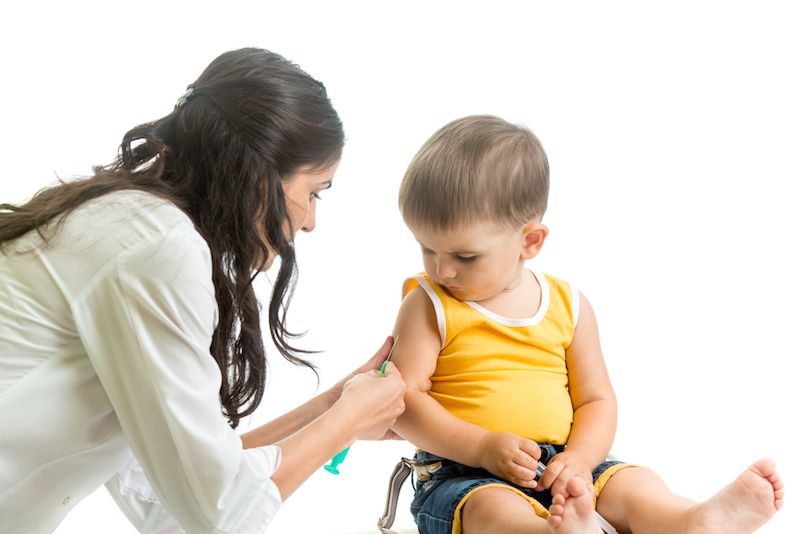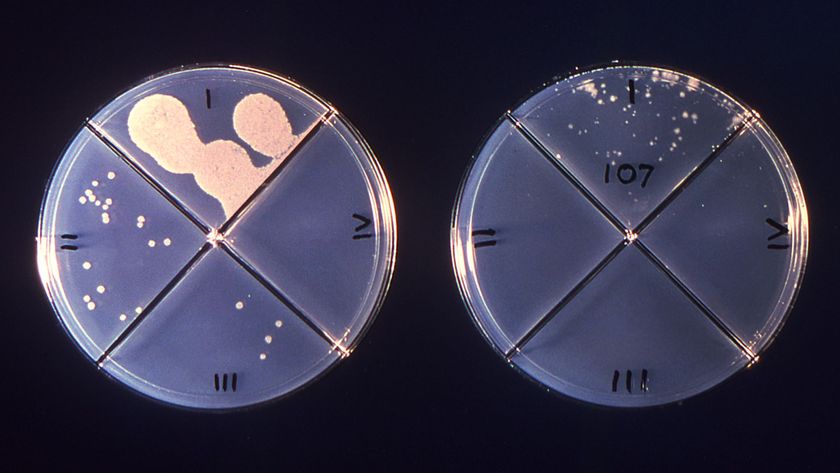Fewer Americans Say Vaccines Are Crucial

The percentage of Americans who consider vaccines crucial for children has declined slightly in the past decade, according to a new survey.
This year, 54 percent of Americans said that it's "extremely important" for parents to get their children vaccinated, down from 64 percent who said so in 2001, according to the survey from Gallup.
And 30 percent of Americans now say they've heard "a great deal" about the disadvantages of vaccines, compared to 15 percent who said that in 2001. But there was also an increase in the percentage who said they've heard a great deal about the advantages of vaccines, 49 percent in 2015 compared to 37 percent in 2001.
The percentage of Americans who say they consider vaccines to be worse than the diseases they prevent has not changed much in 14 years: 9 percent of Americans held this view in 2015, compared with 6 percent in 2001. [5 Dangerous Vaccination Myths]
Still, most Americans (84 percent) now say that vaccines are either "extremely important" or "very important," while the rest say vaccines are "somewhat important," "not very important" or "not at all important."
Only 6 percent of Americans say they think vaccines cause autism, while 41 percent say that vaccines do not cause autism, and 52 percent said they were unsure. The idea that vaccines cause autism first came about when a 1998 study claimed to have found a link between the condition and the measles, mumps and rubella (MMR) vaccine, but this study has been widely discredited, and multiple studies have refuted the findings.
The poll, which surveyed more than 1,000 U.S. adults ages 18 or older, was conducted between Feb. 28 and March 1, following news of a large outbreak of measles that started at Disneyland and has sickened more than 100 people. The rise in measles cases in the United States this year is mostly a result of people forgoing vaccinations, according to the Centers for Disease Control and Prevention.
Sign up for the Live Science daily newsletter now
Get the world’s most fascinating discoveries delivered straight to your inbox.
Vaccine-preventable diseases can be serious and even deadly: For every 1,000 children who get measles, one to three die from it.
Follow Rachael Rettner @RachaelRettner. Follow Live Science @livescience, Facebook & Google+. Original article on Live Science.

Rachael is a Live Science contributor, and was a former channel editor and senior writer for Live Science between 2010 and 2022. She has a master's degree in journalism from New York University's Science, Health and Environmental Reporting Program. She also holds a B.S. in molecular biology and an M.S. in biology from the University of California, San Diego. Her work has appeared in Scienceline, The Washington Post and Scientific American.











